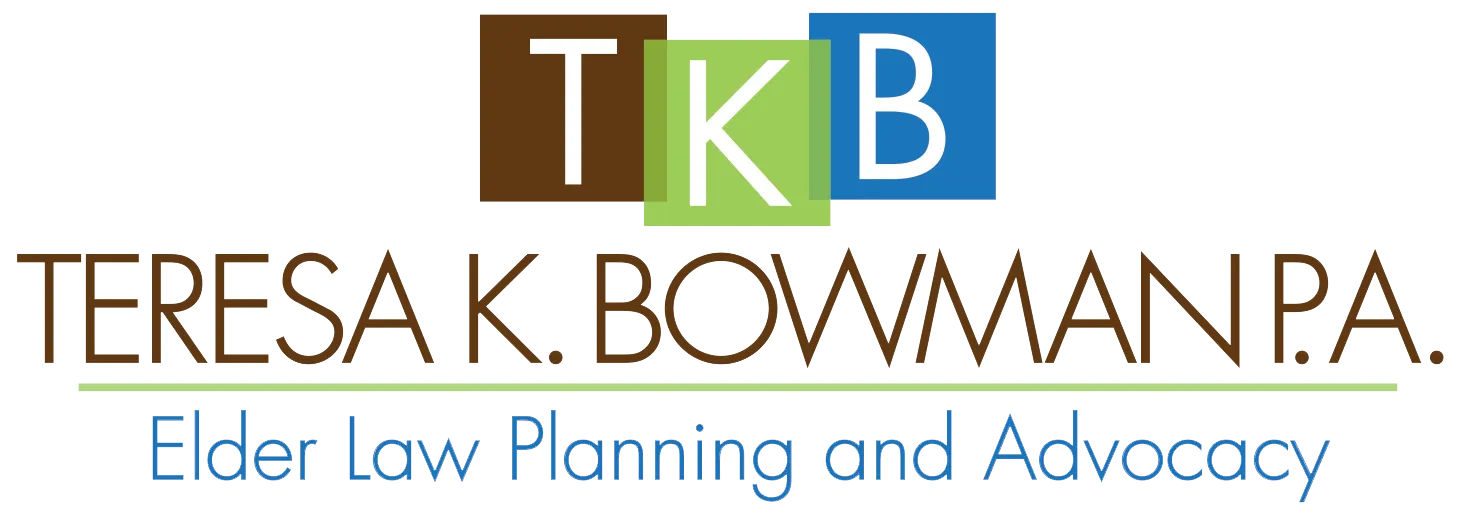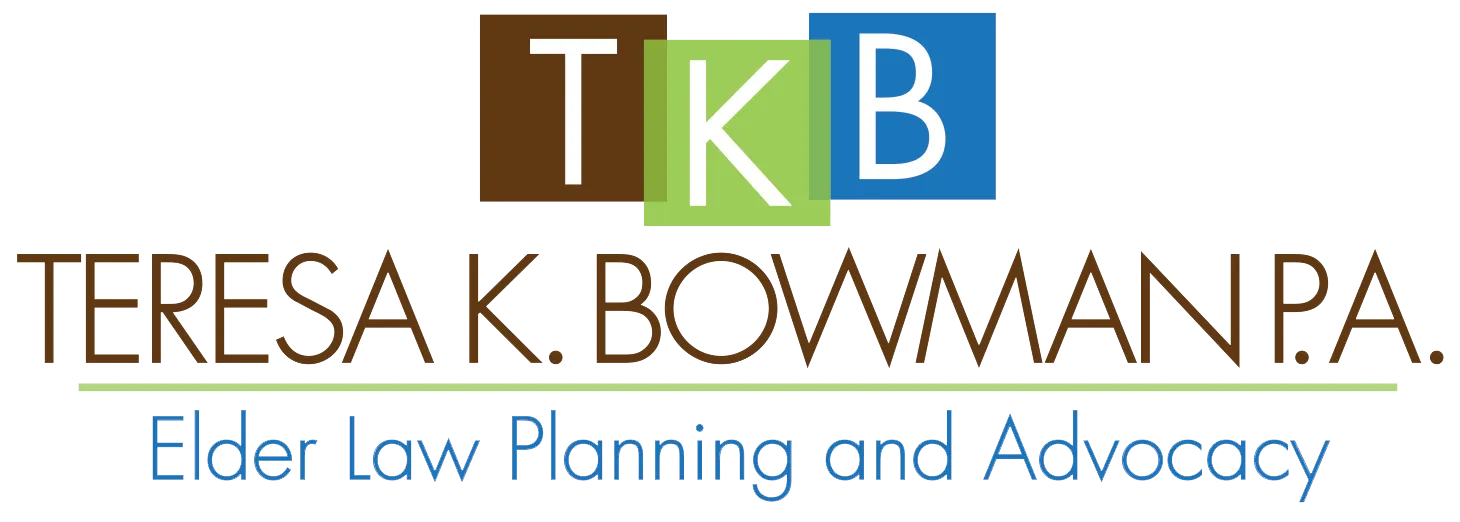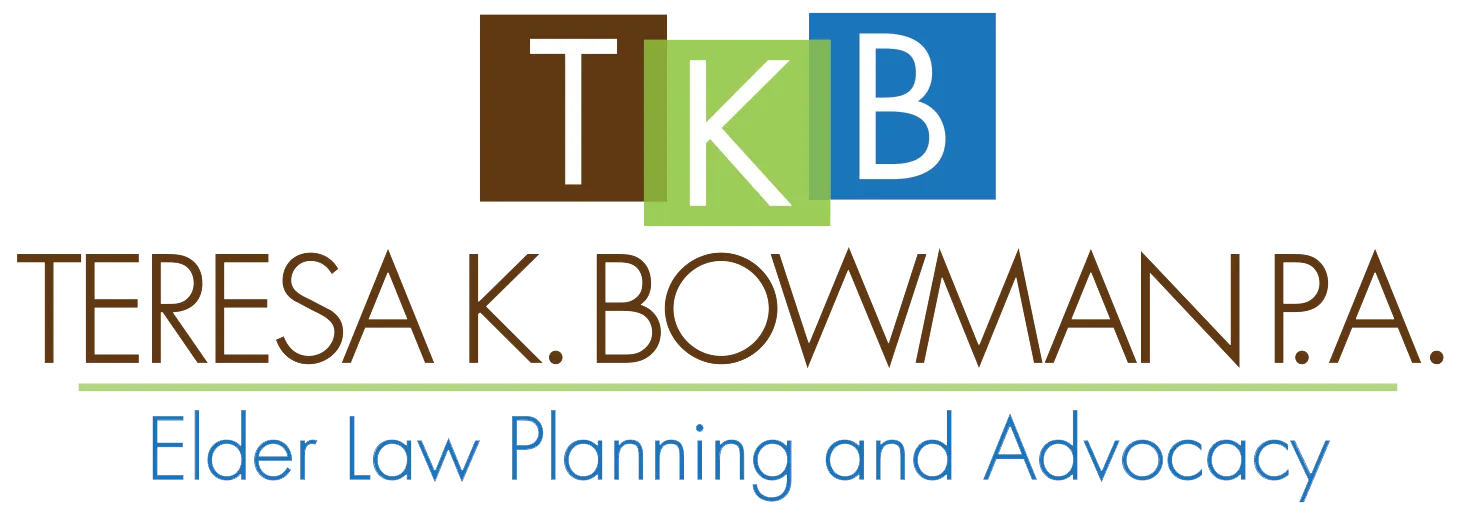Long Term Care Planning: Use of Family Agreements
- posted: Jun. 15, 2017
Long Term Care Planning: Use of Family Agreements
The use of family agreements in long term care planning is a constant in my practice for several reasons. First of all, I want all parties involved to be aware of the issues (especially those involving money) and have a chance to comment or voice concerns up front. Secondly, since long term care planning often means disrupting a previously established estate plan, I want to protect all living beneficiaries. Lastly, I want to protect myself and do my best to avoid future family issues. It should also be noted that family agreements are not subject to scrutiny by Medicaid but are keep as a part of the client file. Below are examples of how this works.
Planning for Future Medicaid Eligibility
When we discuss gifting, the creation of an irrevocable income only trust, or the distribution of assets in anticipation of waiting out the 5 year look back, I always include a discussion of the family agreement and its importance in the overall plan. In this situation the family agreement will outline where the money is going, how it will be held, who will mange it, how others will be notified if funds are used, how often they will be notified, and most importantly, and if applicable, how the funds will be returned if Medicaid is needed and it becomes necessary to undo the penalty. My primary concern is that my client (the elder) has assurance that they will be cared for before and after Medicaid benefits become available.
Management of Homestead Property
When homestead property is to be preserved, but the cost must be covered by family, often times not everyone can contribute to the cost of taxes, insurance, maintenance and the like. When one or more family members cover this cost, we use a family agreement to outline what they agree to do and pay and how they wish to be compensated once the property is sold.
Preserving the distribution plan under the Last Will and Testament
Any time I pay out funds to one family member, as is typically done under a personal services contract, and there are other family beneficiaries under the Last Will and Testament, those family members are party to the family agreement. The goal being that all parties have the opportunity to ask questions and express any concerns, we reach an agreement and everyone signs. Fortunately, in all my cases we have always managed to find a way to make the terms agreeable to everyone.
VA Planning
I also use family agreements when money is being transferred to qualify for VA benefits. I advise clients on the issues regarding transfers and how the transfer will affect any future Medicaid benefits. This becomes especially important if funds need to be returned to undo any penalty if Medicaid is needed sooner than later. Having an agreement that outlines how funds may be used and everyone understanding the necessity to hold on to and properly manage any assets protects everyone involved.



